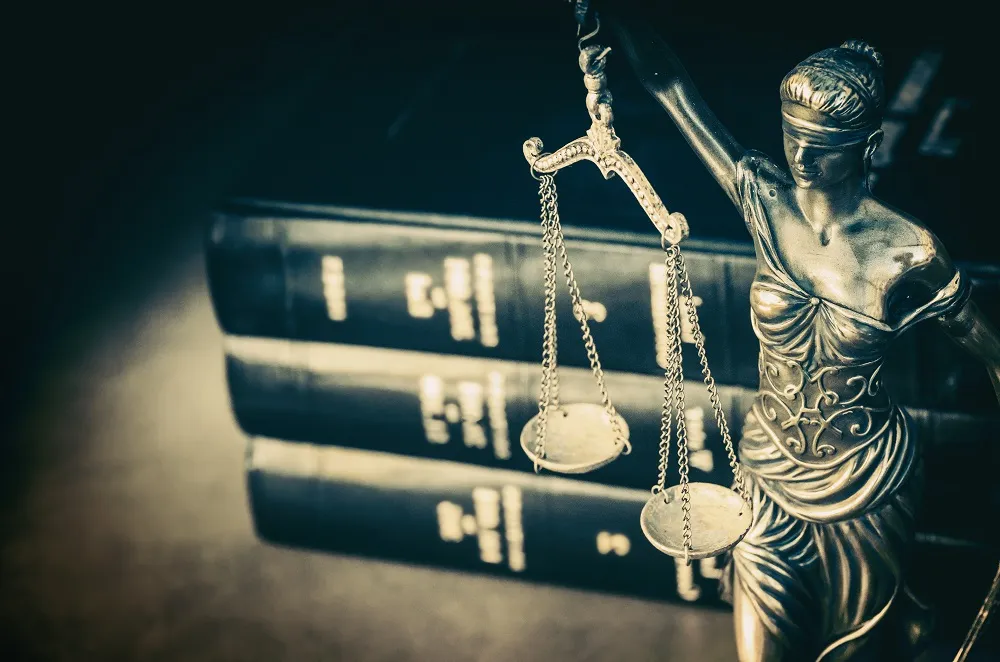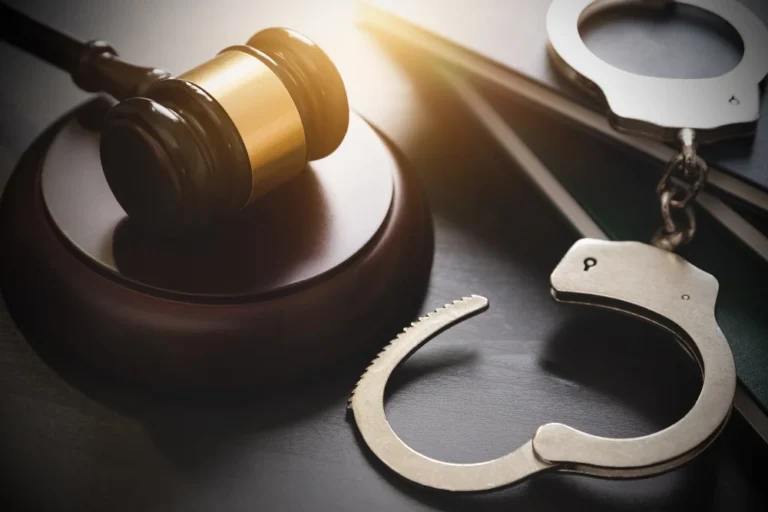You may have heard of someone who was convicted of a crime but was then exonerated and wondered, “What is exoneration?”
Being exonerated can mean receiving a fresh start after being wrongfully convicted of an offense. Not only are you released from jail or prison, but your criminal record reflects your innocence.
However, changing your status from convicted criminal to exoneree is neither easy nor quick. It can take a considerable amount of time to gather records, file the appropriate legal motions, and obtain favorable court rulings.
Experienced Dayton criminal defense attorneys can play a crucial role in helping wrongfully convicted individuals finally obtain justice.
How Someone Gets Exonerated
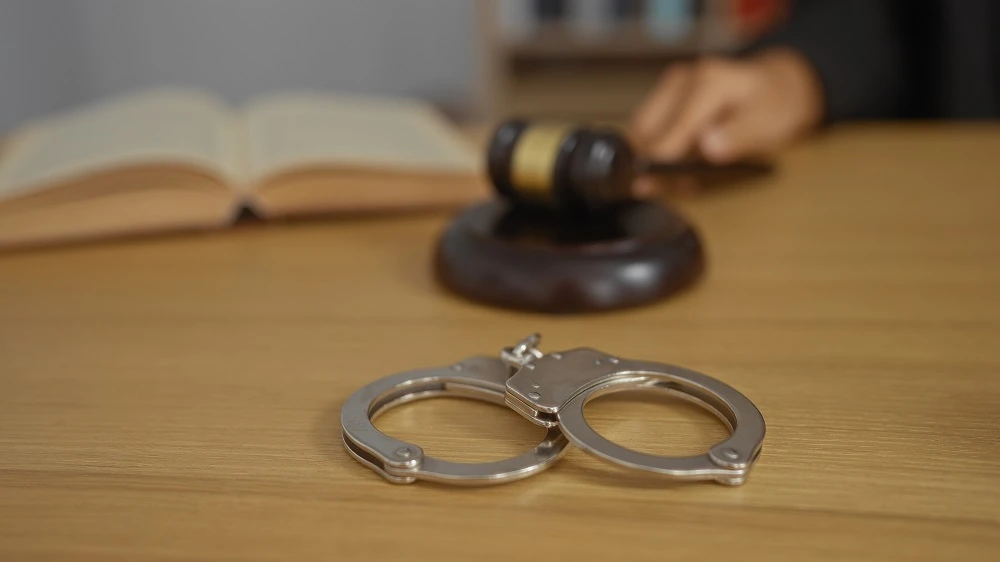
What is exoneration? The official exoneration definition is to be absolved or discharged from liability for a criminal act after one was previously found guilty. In other words, the answer to “What is exonerated?” is an official act that finds a previously convicted person not guilty of the crime and frees them from liability for it. Unlike expungement which merely seals your criminal record from public view, exoneration completely absolves you of the crime and legally declares your innocence.
What does exonerated mean in law? It essentially refers to freeing someone from all consequences of a criminal conviction based on a reinterpretation of the applicable statutes.
What does exonerated mean in court? This means the exoneree has been officially declared not guilty of the crime they were convicted of.
There are several ways a person can be exonerated, including:
Direct Appeals
Following a conviction, you can ask an appellate court to review the trial for legal errors. If illegally admitted evidence or improper prosecutorial arguments kept you from getting a fair trial, you could receive a new trial or be acquitted.
Post-Conviction Relief
Once you’ve exhausted your direct appeal, you might have other post-conviction relief options available to pursue.
Writ of Habeas Corpus
A writ of habeas corpus is a post-conviction motion demanding that the agency holding you in custody release you. Such a demand is appropriate when your direct appeal fails and you’re in custody in violation of your constitutional rights.
Motion for New Trial
Your attorney can file a motion for a new trial if the prosecutor committed misconduct by withholding evidence or making improper arguments to the jury.
Why Do Wrongful Convictions Happen?
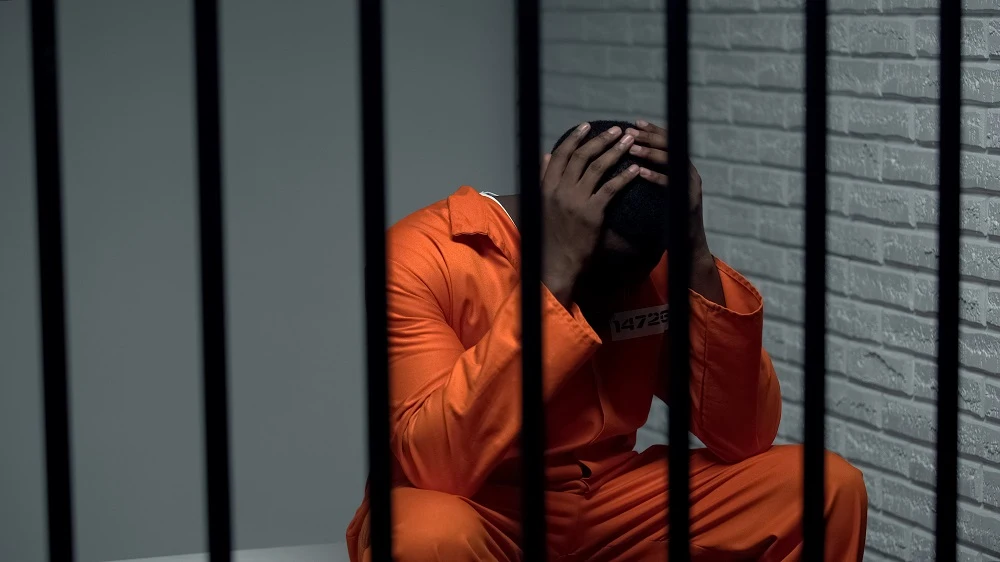
It’s estimated that as many as 4% of individuals found guilty of capital crimes are wrongfully convicted. Possible reasons for this include:
Misidentification
The stress of the situation, environmental factors, and even pressure from law enforcement can lead a witness to misidentify the culprit of a crime.
False Confessions
Police can manipulate a suspect into falsely confessing their guilt by depriving them of food or sleep, interrogating them at length, or lying about the evidence they’ve obtained.
Inaccurate Forensic Evidence
DNA and other forensic tests aren’t foolproof. Mislabeling and mishandling errors can contaminate samples, and equipment malfunctions can lead to false positive results.
Ineffective Representation
Inexperienced or overworked attorneys can make grievous trial errors, such as allowing the court to consider tainted or false evidence. These mistakes violate the accused’s right to a fair trial and effective legal counsel.

The path from incarceration to exoneration may be difficult, but it’s not impossible. The capable attorneys at Gounaris Abboud will use their knowledge, resources, and skills to pursue justice for you. Contact us for assistance.
Difficulties of Life After Exoneration
While exoneration solves one set of problems, it could lead to others as you transition back to normal life, especially if you’ve been incarcerated post-conviction. Here are some of the challenges you might face:
Emotional and Psychological Impact
You may have feelings of sadness and grief over the years you spent in prison and the ordeal you went through. You might be angry at the police, prosecution, court system, or others who ignored the truth in pursuit of a conviction. These and other feelings can lead to depression, anxiety, and post-traumatic stress disorder (PTSD).
Struggles with Reintegration into Society
Although cleared of any wrongdoing, finding a job and reestablishing your independence after exoneration can be a struggle. You may encounter people who still view you with suspicion despite your being exonerated.
Lack of Support Systems
Being away from your family and friends for years can strain your relationships with them. It can be challenging to receive the emotional and financial support you need from these people upon release.
Why Do Exonerations Take so Long?
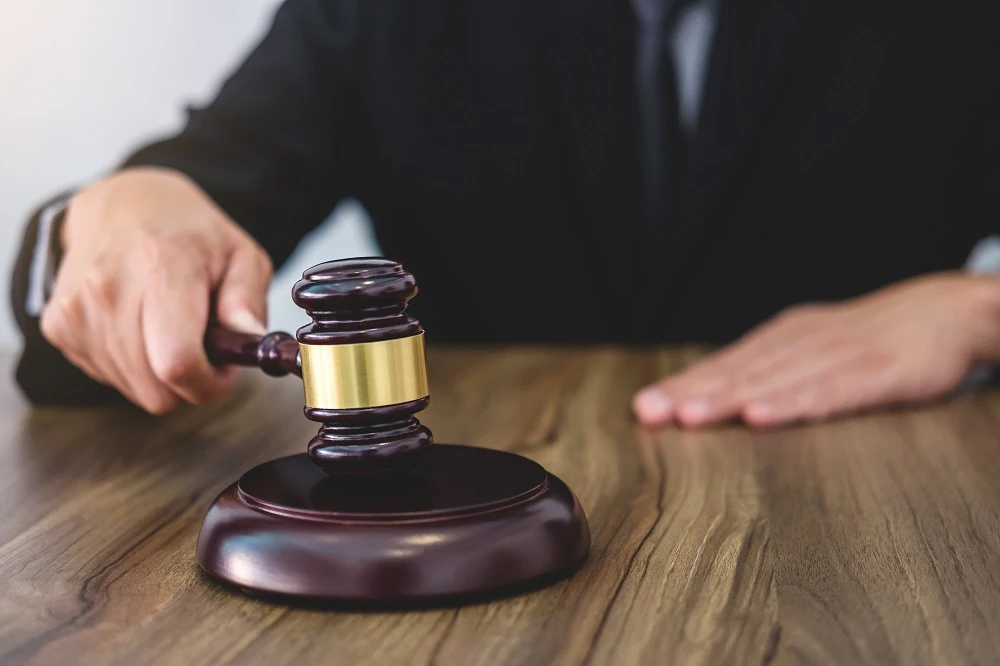
Those who pursue exoneration are quickly confronted with an unpleasant and frustrating reality: obtaining an exoneration takes time.
As of 2023, the average prisoner spends 9.1 years before receiving their exoneration. For some, the wait may be shorter. For others, it can be much longer. Some never get exonerated.
It takes time to obtain and review all the transcripts, court orders, and other records from your criminal case. Still, this step is essential to discovering the evidence you need to support your claim. Your attorney may need to interview witnesses and work with or through your local prosecutor’s office to locate necessary documents and information.
Once you file your writ of habeas corpus or appeal, there can be additional delays. The prosecution will have time to review and respond to your claim, further delaying its ultimate resolution. It could be months or years before the final decision.
Fight for Justice with Gounaris Abboud’s Experienced Attorneys
Whether newly discovered evidence proves your innocence or a prosecutor’s egregious conduct prevented you from receiving a fair trial, the paths to exoneration are few and narrow. Even after being released, you could face emotional and practical difficulties adjusting to life as a free person.
If you’re seeking to be exonerated and clear your name, prepare to spend considerable time and effort doing so. It can be a long and frustrating pursuit, but one that’s worth it when freedom is the prize.
Gounaris Abboud will do more than just help you understand the exoneration process. We’ll be by your side, fighting for you and your future every step of the way. Contact us today for dependable assistance with your case.
